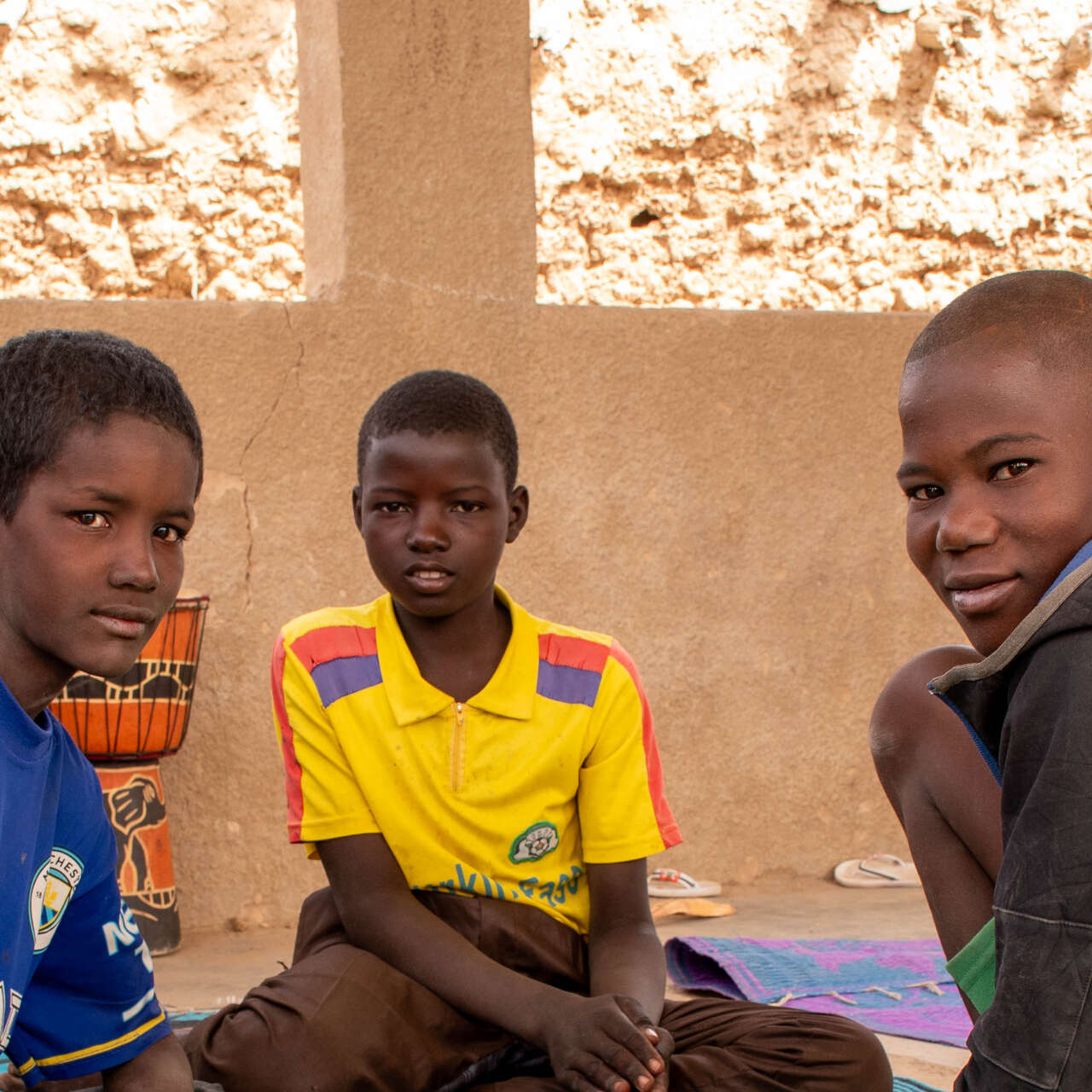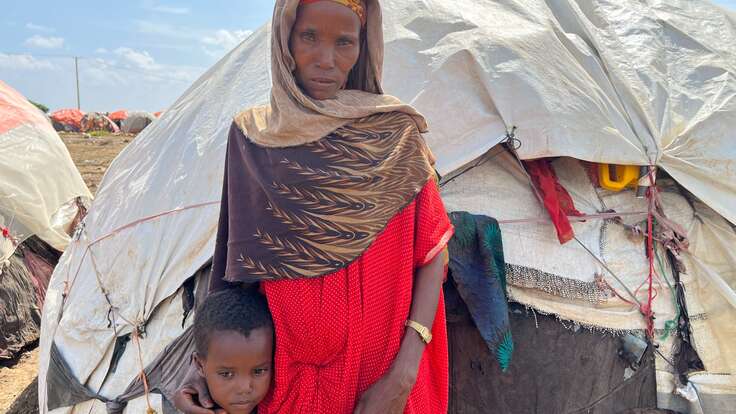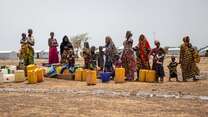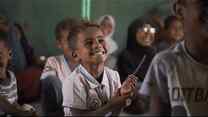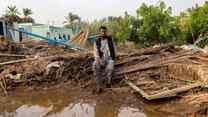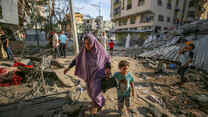Food security in Burkina Faso worsening amid continued conflict
- 800,000 people live in 26 cities under blockade in Burkina Faso since March 2022, with little or no access to basic supplies and facilities.
- 2.2 million people are experiencing hunger, with the number expected to rise to 3.3 million by September 2023.
- In towns like Djibo, the capacity of the local health system is reduced by 83%, while schools and markets are not operational.
- “Immediate action is required from all actors who have the capacity to make a difference for these people in dire need of food access,” said Modou Diaw, IRC regional vice president in West Africa.
Country facts
- Total Population: 20.9 million
- People internally displaced by crisis: 1 million
- Rank in Human Development Index: 184 of 191
IRC response
- Started work in Burkina Faso: 2019
Burkina Faso is home to one of the fastest growing displacement crises in the world: over one million people have had to flee their homes. The IRC is providing urgent and lifesaving assistance, including clean water, sanitation services, and health care.
Burkina Faso, located in West Africa, has seen a rise in tensions and violence since January of 2019, leading to a spike in displacement. Ethnic and religious conflicts are also increasing, along with cattle raiding and other clashes within communities. The growing violence has forced people to leave their homes, fields, farm animals and livelihoods behind.
The crisis has left an estimated 3.5 million people in Burkina Faso in critical need of assistance.
Just two years ago, Burkina Faso faced virtually no mass conflict or displacement. Now, it is home to one of the fastest growing displacement crises in the world: over 1 million people have had to flee their homes.
The escalating conflict is driving steep increases in humanitarian need and - with the economic impact of the COVID-19 crisis - the risk of famine. 1.6 million are facing crisis or worse levels of food insecurity.
Nearly 300 local health centres are closed or are restricting services due to the conflict, limiting the health care that 1.1 million people can obtain.
Attacks on schools have forced children out of classrooms. As many as 350,000 students have been affected by closures of schools.
The IRC’s response in Burkina Faso started in Djibo, which hosts a large internally displaced population. We are delivering clean water and are bolstering sanitation services. We have also established a primary healthcare programme, which includes reproductive healthcare and community-based services devoted to childhood illnesses and disease prevention.
